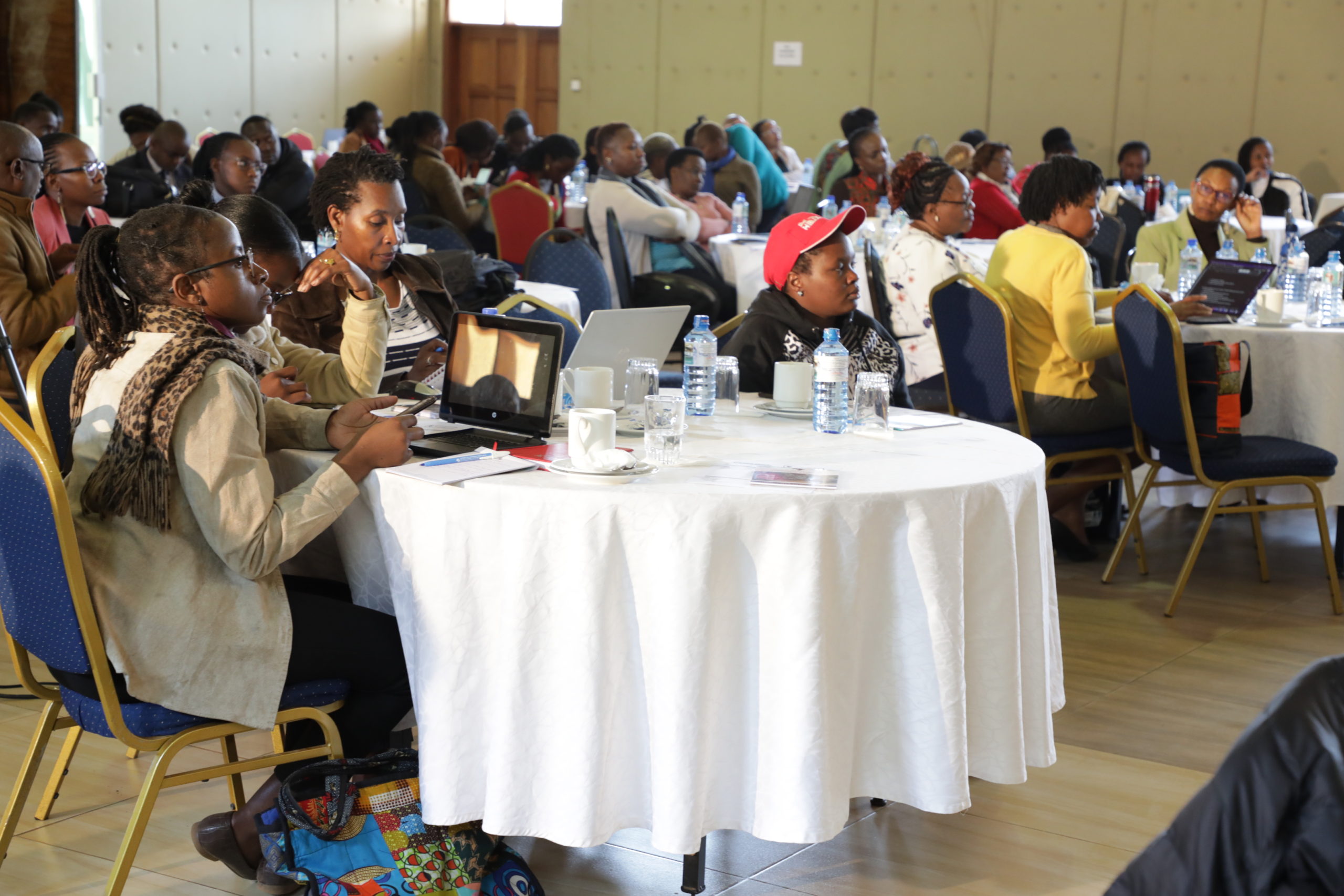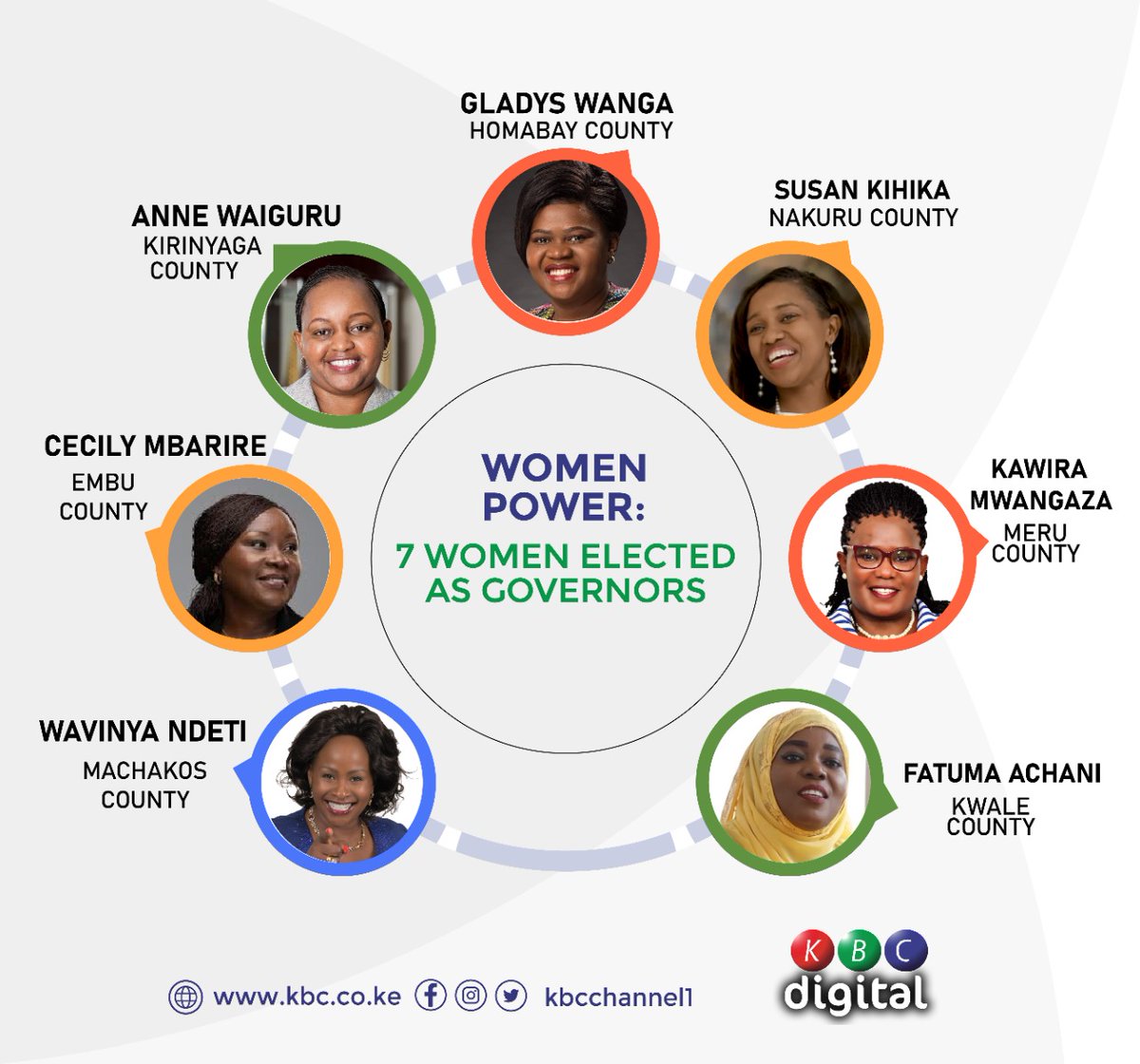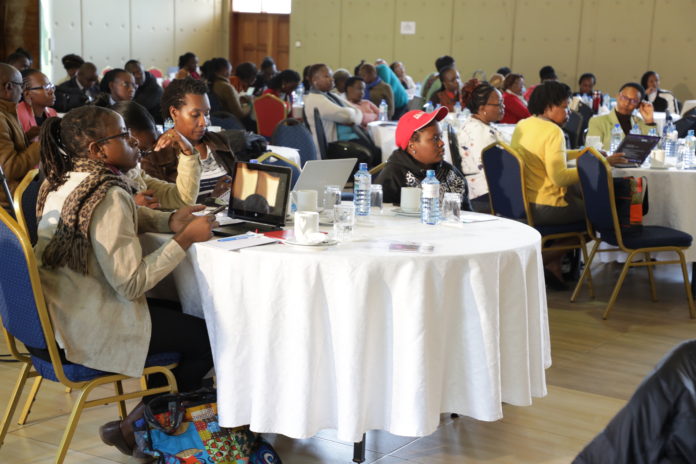By Sharon Kiburi
Nairobi, Kenya: The Community Advocacy and Awareness Trust – (CRAWN TRUST) held a national women’s dialogue. They reflected on how women performed in the just concluded 2022 general elections.
Many civil societies with an interest in gender equity graced the forum. The ceremony began with opening remarks from Daisy Amdany, the executive director of the CRAWN Trust organization.
“In the wake of the just celebrated twelve years of the 2010 constitution, which is an excellent document, one of its key pillars is the principle of inclusion of the previously marginalized groups, including women,” Said Amdany.
According to Article 100 of the Kenyan constitution provides previously marginalized groups ( women, youth, persons with disability, and other marginalized groups) to participate in parliament. If this is implemented well, it would automatically see the implementation of articles 81 B & C, which say not more than two third of persons in elected public offices shall be of the same gender, and fair representations of persons with disabilities, respectively.

“If we’re to measure the integrity and credibility of the just concluded general election by articles 81 B & C of the Kenyan constitution, which the electoral process must abide by, then we can safely conclude that since 2013, we have not had a credible election,” said Amdany.
Additionally, since we have continued to exclude over half the Kenyan population, which are women, exclusion of the youth who make up seventy percent of the population, and persons with disability who make up a significant percentage of the population are parameters to be explored in determining the credibility of the elections.
Out of the 47 incoming governors, only seven are women and members of parliament representation, out of the expected three hundred and forty-seven, only twenty are female.
The constitution of Kenya provides that as a ground zero, there should be a third of genders representation in elected offices; the pinnacle is fifty of both genders ( Female and Male). In the just concluded elections, the numbers show that women’s performance was so low that it did not even reach the starting point of third representation.
“Men and women are different; women are uniquely other in that a woman’s concept of herself is beyond the individual. They think of their children, families, and extended society. If women are allowed to lead, things will improve because they uniquely care beyond their self-serving needs,” said Amdany.
 Speaking at the forum, Irene Soila from the Kenya Human rights commission said that despite Kenya’s progressive laws, the implementation continues to be exclusive to previously marginalized groups.
Speaking at the forum, Irene Soila from the Kenya Human rights commission said that despite Kenya’s progressive laws, the implementation continues to be exclusive to previously marginalized groups.
“It is the responsibility of every individual to understand the electoral process so they can enjoy the right to fair and equal representation. Furthermore, lack of political goodwill and lack of consequences in shortchanging has repeatedly contributed to electoral integrity predicaments” said Soila.
The project dubbed “Women driving change” by CRAWN Trust aims at building a ground swell of women through enhanced coordination of the women’s movement for active engagements in political processes and catalyzing change in Kenya for safeguarding the Constitution of Kenya 2010 and increased political participation.
The project seeks to contribute to the women’s movement by mobilizing efforts for an increased and well-coordinated ground swell of women who are inspiring courage and actively engaging in national processes.














